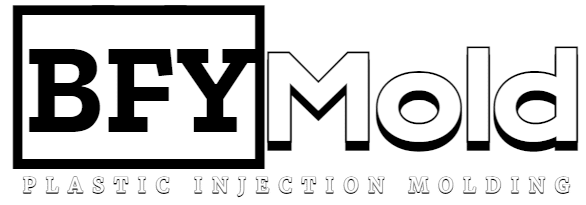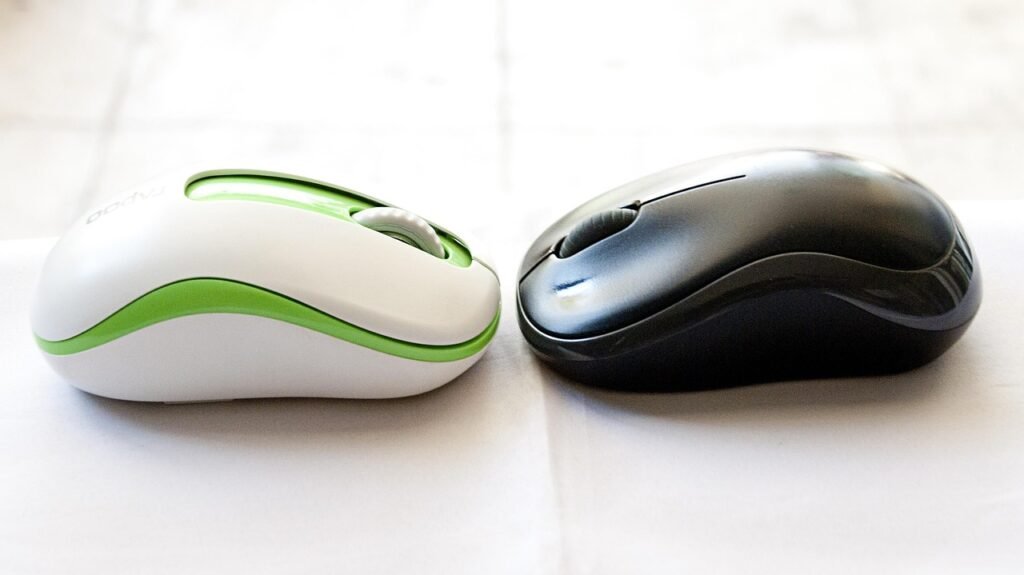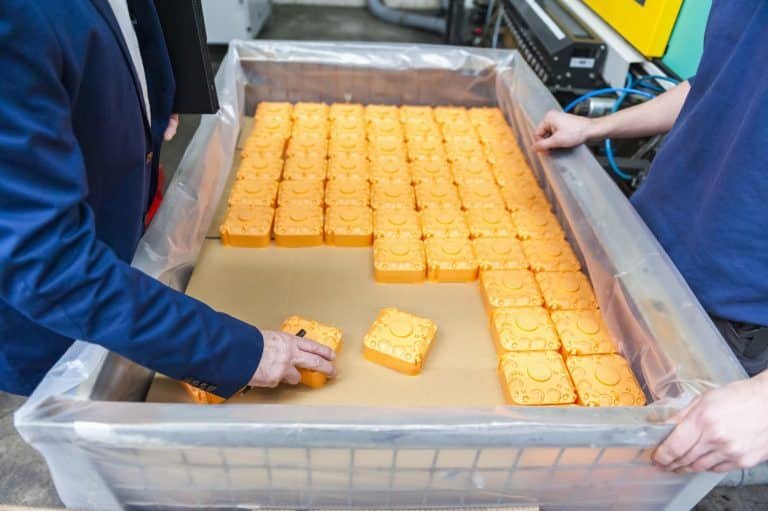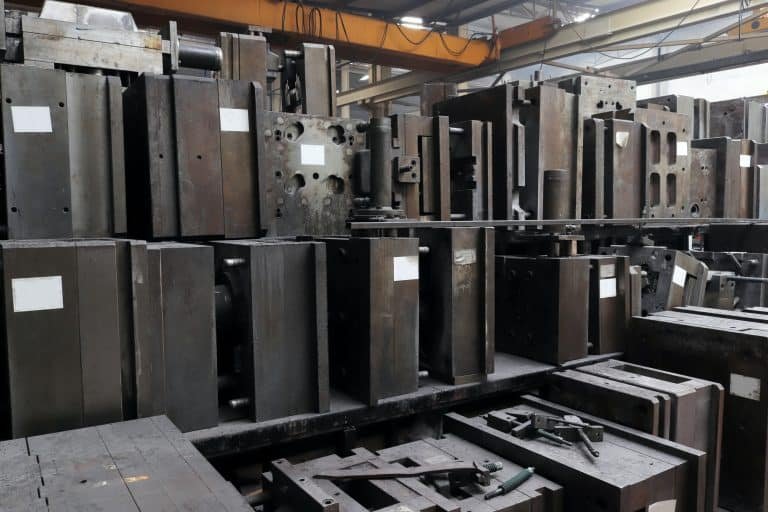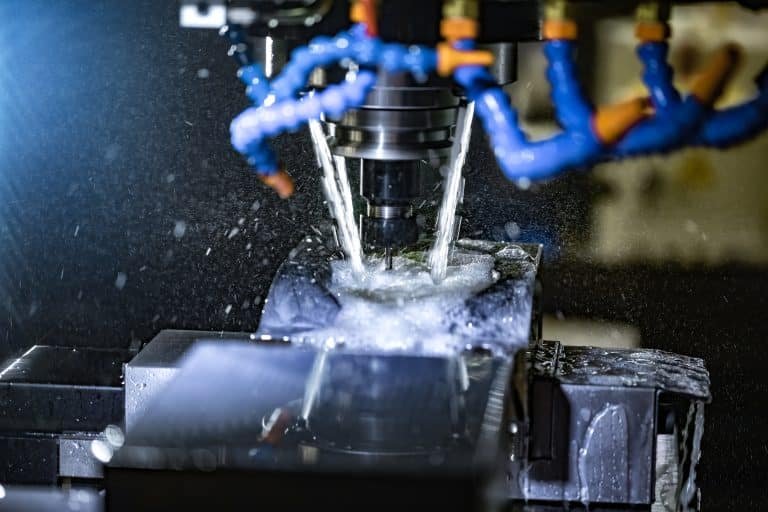Understanding Injection Molding Surface Finish Standards
What Are Injection Molding Surface Finishes?
Surface finishes in injection molding are critical for both functional and aesthetic outcomes. They define plastic components’ texture, gloss, and tactile feel, directly impacting product performance in industries like automotive, medical devices, and consumer electronics. Standards such as SPF (Surface Finish Protocol) and YOL (Yield-Optimized Lubricity) categorize finishes based on parameters like roughness (Ra), gloss units (GU), and wear resistance. For example:

- SPF-1 (Matte Finish): Ideal for non-slip grips in tools or medical devices.
- SPF-6 (Mirror Finish): Used for optical lenses or high-end consumer electronics.
- These standards ensure consistency across production batches and reduce post-processing costs by up to 35%, as shown in industrial benchmarks.
Key Metrics in Surface Finish Charts
Surface finish charts provide a visual and quantitative guide to achieving the desired results:
- Ra (Roughness Average): Measures microscopic peaks/valleys (e.g., Ra 0.8µm for smooth medical components).
- Gloss Units (GU): Ranges from 10 GU (matte) to 90 GU (high-gloss).
- SPF Mold Finish Standards: These standards classify finishes into six tiers, from SPF-1 (textured) to SPF-6 (optical-grade).
- YOL Standards: Focus on friction reduction for moving parts like gears or seals, prioritizing functionality over aesthetics.
SPF Mold Finish Standards: Design and Application
Benefits of Adopting SPF Standards
Adhering to SPF standards offers tangible advantages:
- Defect Reduction: Minimizes flow lines, sink marks, and weld lines through precise mold polishing.
- Cost Efficiency: SPF-4 finishes (semi-gloss) reduce post-processing labor by 25% compared to ungraded surfaces.
- Compliance: Meets FDA and ISO 13485 requirements for medical devices and food-contact parts.
- Brand Value: High-gloss finishes (SPF-5/6) enhance product appeal in consumer markets like smartphones or luxury packaging.
How to Implement SPF Guidelines
1. Material Selection:
- Use PMMA or polycarbonate for optical clarity in SPF-6 finishes.
- Opt for ABS or PP for textured surfaces (SPF-1 to SPF-3).
2. Mold Polishing Techniques:
- Diamond Polishing: Achieves SPF-6 finishes with 0.05µm Ra.
- EDM Texturing: Creates uniform matte surfaces (SPF-2) for automotive interiors.
3. Process Optimization:
- Maintain mold temperature within ±2°C to prevent gloss variations.
- Use gas-assisted injection to eliminate sink marks in thick-walled parts.
Designing for Injection Molding Surface Finishes
Material Considerations for Optimal Finishes
Material choice directly impacts surface quality:
Thermoplastics:
- ABS: Excellent for textured finishes (SPF-2/3) in consumer goods.
- PC (Polycarbonate): Delivers high-gloss surfaces (SPF-5/6) for optical applications.
Additives:
- UV Stabilizers: Prevent yellowing in outdoor products.
- Anti-Scratch Agents: Enhance durability for automotive dashboards.
Avoiding Common Surface Defects
- Burn Marks:
- Cause: Overheating due to trapped air or slow cycles.
- Solution: Improve mold venting and reduce barrel temperature by 10–15°C.
- Weld Lines:
- Cause: Poor gate placement or incompatible material flow.
- Solution: Use sequential valve gating (SVG) to control melt front merging.
- Splay Marks:
- Cause: Moisture in resin or excessive shear heat.
- Solution: Pre-dry materials at 80–100°C for 4 hours and optimize screw speed.
Cost Analysis of Surface Finishes in Injection Molding
SPF vs. YOL: Which Standard Lowers Costs?
SPF Finishes:
- Cost Range: 0.50–1.20/cm² (high-gloss finishes for electronics).
- ROI: Reduces secondary painting costs by 40% in automotive trims.

YOL Finishes:
- Cost Range: 0.30–0.80/cm² (low-friction finishes for gears).
- ROI: Extends part lifespan by 30% in industrial machinery.
Reducing Surface Finish Costs Without Sacrificing Quality
- Mold Texture Replication:
- Use EDM or laser etching to replicate textures, avoiding costly post-machining.
- Multi-Cavity Molds:
- Spread polishing costs across 8–16 cavities for high-volume production.
- Preventive Maintenance:
- Regularly clean molds with ultrasonic baths to avoid degradation.
FAQs on Injection Molding Surface Finishes
How Do I Choose Between SPF and YOL Standards?
- SPF: Prioritize aesthetics (e.g., cosmetic packaging, LED light covers).
- YOL: Focus on functionality (e.g., bearings, seals, or sliding components).
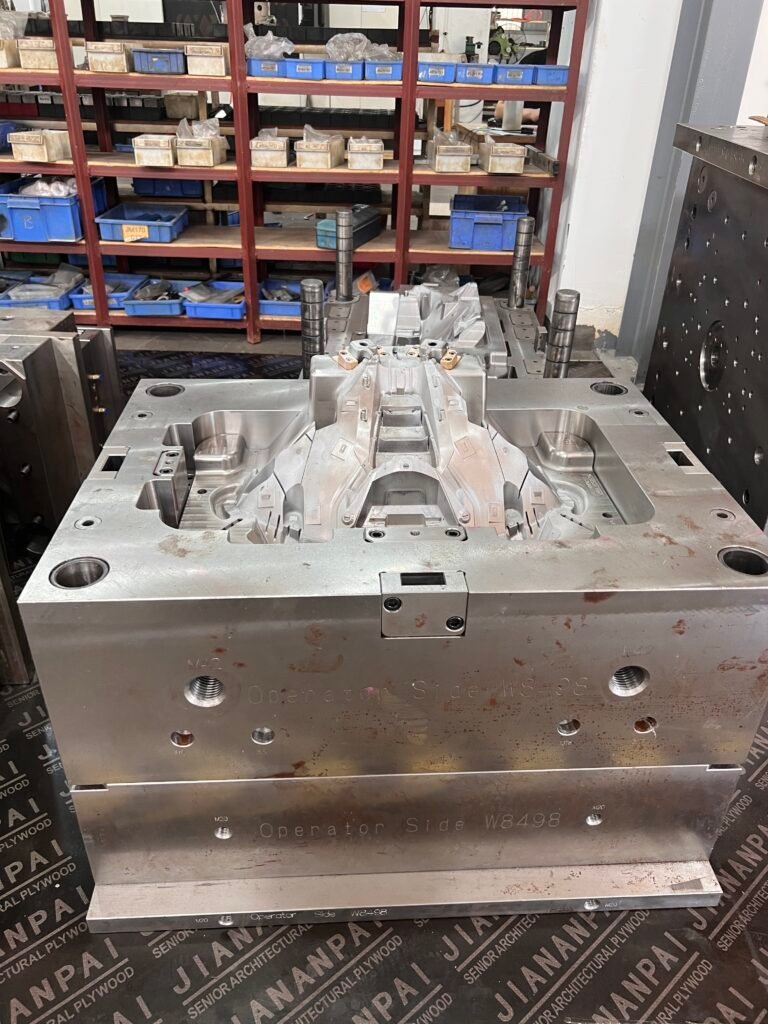
Why Do Burn Marks Occur on High-Gloss Finishes?
Burn marks often result from:
- Gas Traps: Inadequate venting causes air pockets to ignite.
- Resin Degradation: Overheating during prolonged cycles.
Fix: Increase vent depth to 0.03–0.05mm and shorten cycle times by 15%.
Conclusion
Mastering surface finishes like SPF and YOL transforms injection-molded products from functional components to market-ready innovations. At BFY Mold, we combine ISO 9001-certified processes with cutting-edge technologies—such as diamond polishing and gas-assisted molding—to deliver flawless finishes tailored to your industry. Whether you need high-gloss smartphone casings or low-friction automotive gears, our expertise ensures precision, durability, and cost-efficiency.
Take Action Today:
- Request a Free Surface Finish Consultation
- Download Our SPF/YOL Standards Guide
- Contact Us at: info@bfymold.com
Elevate your production with BFY Mold—where quality meets innovation.
